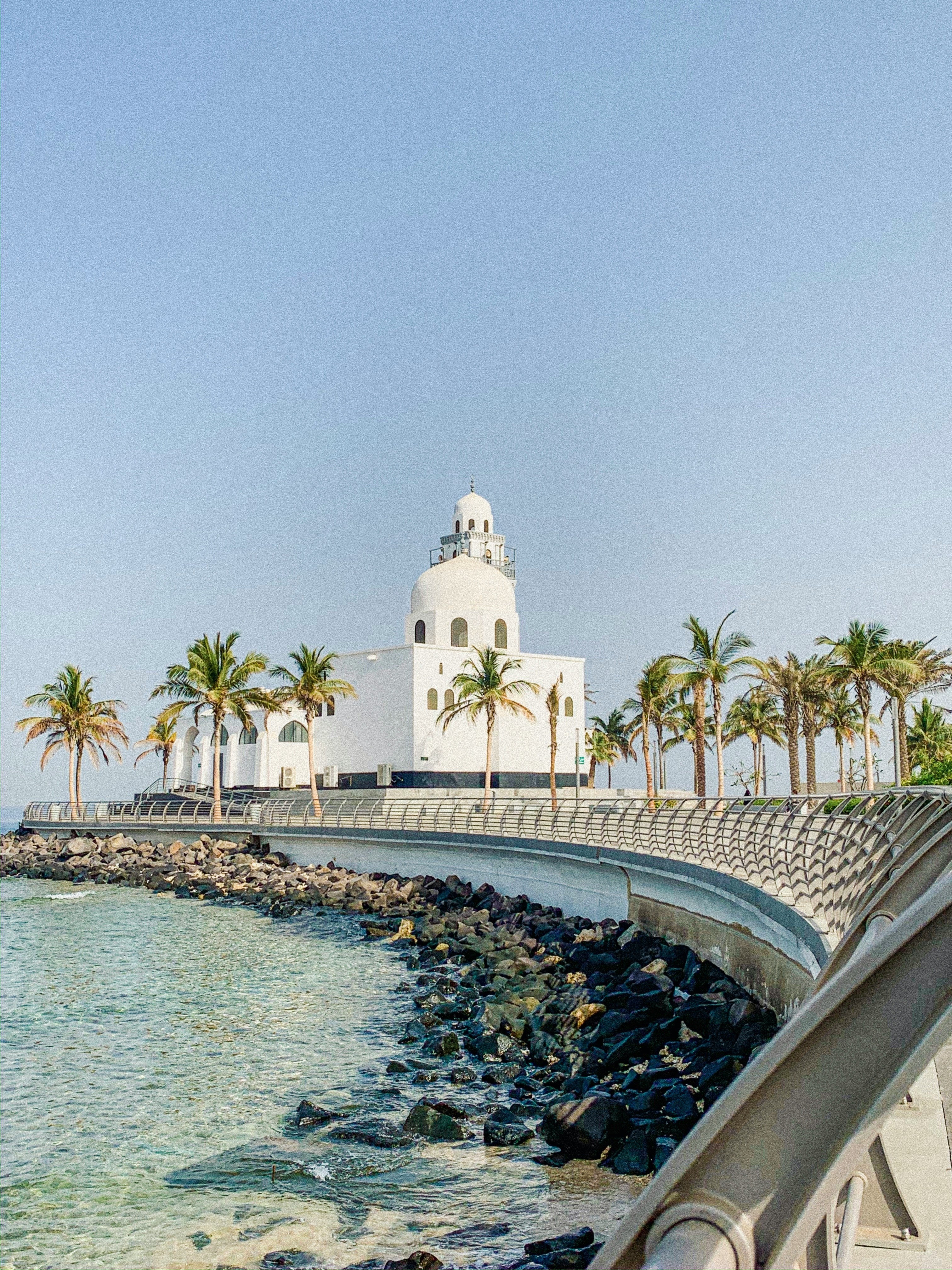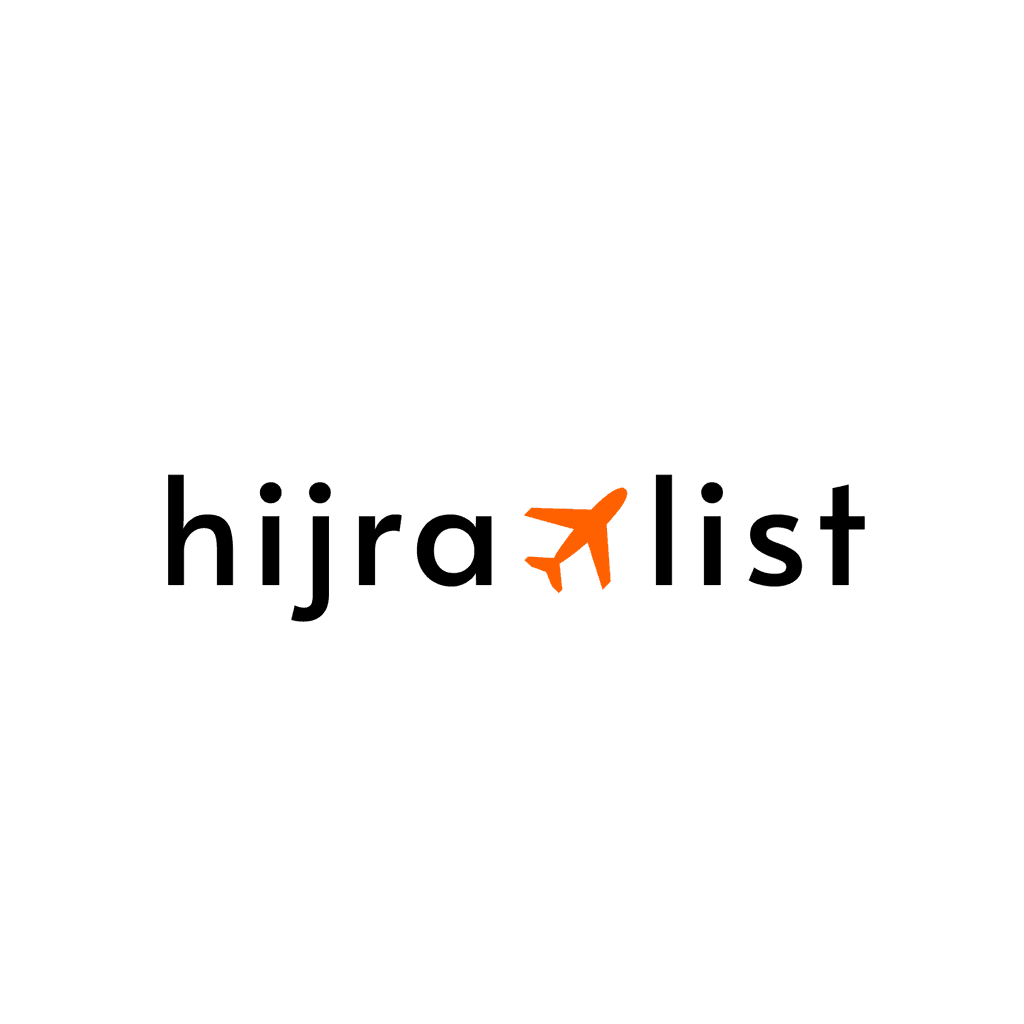
Riyadh

Riyadh

Riyadh
Quality of Life
Quality of Life
Good
Good
Emigrant Community
Emigrant Community
Growing
Growing
Islamic Infrastructure
Islamic Infrastructure
Islamic Infrastructure
Excellent
Excellent
Ease of Immigration
Ease of Immigration
Long-Term Immigration
Hard
Hard
Introduction
Riyadh, the capital of Saudi Arabia, is the political and administrative center of the Kingdom and ranks at number 8. Saudi Arabia is a country that is changing rapidly as it executes on its 2030 Vision which aims to develop a vibrant society, a thriving economy and an ambitious nation. Cost of living is low compared with Qatar or the UAE and the quality of life is equally good with good schools, healthcare and safety. Saudi is making changes to its immigration offer with new options for long-term residency for investors, families and professionals.
Moving There
Citizenship: Saudi Arabian citizenship is typically challenging to obtain and usually reserved for those with significant ties to the country. More information is available on the Saudi Government's website.
Residence: Known as “Privileged Iqama”, this allows eligible expatriates to obtain long-term residency in Saudi Arabia. While this program is not a citizenship by investment route, it offers extended residency privileges to foreign investors, professionals, and their families. This includes the right to work, the right to own property in all Saudi cities (except Makkah and Madinah), and the ability to undertake commercial activities in the Kingdom of Saudi Arabia.
Work Permit: Work permits can be easily obtained with sponsorship from a Saudi employer. Following a medical examination, your employer will apply for your Work Visa. Typical processing times range from 1 - 2 months. Detailed information can be found on the Ministry of Human Resources and Social Development website.
Relocating: We recommend using Move One Inc. for comprehensive relocation services, including visa assistance, home search, and settling-in services.
Employment Opportunities
Riyadh's main industries include finance, technology, healthcare, and education. Here are some great local jobs that we found:
There are also many remote jobs particularly in tech where you can base yourself in Dubai:
Education and Healthcare
Education: Riyadh offers a variety of educational institutions, from public schools to private and international schools. Emigrant children can enroll in state schools, though many prefer private schools, which cost between SAR 20,000 and SAR 100,000 per year (approximately $5,300 to $26,600). Recommended schools include Manarat Al-Riyadh Schools and British International School Riyadh.
Healthcare: The healthcare system in Riyadh includes public hospitals and numerous private hospitals offering high-quality care. Private healthcare can be expensive, with consultation fees ranging from SAR 200 to SAR 800 (approximately $53 to $213). Recommended hospitals include King Faisal Specialist Hospital & Research Centre and Riyadh Care Hospital.

Riyadh

Riyadh
Quality of Life
Good
Emigrant Community
Growing
Islamic Infrastructure
Excellent
Ease of Immigration
Hard
Introduction
Riyadh, the capital of Saudi Arabia, is the political and administrative center of the Kingdom and ranks at number 8. Saudi Arabia is a country that is changing rapidly as it executes on its 2030 Vision which aims to develop a vibrant society, a thriving economy and an ambitious nation. Cost of living is low compared with Qatar or the UAE and the quality of life is equally good with good schools, healthcare and safety. Saudi is making changes to its immigration offer with new options for long-term residency for investors, families and professionals.
Moving There
Citizenship: Saudi Arabian citizenship is typically challenging to obtain and usually reserved for those with significant ties to the country. More information is available on the Saudi Government's website.
Residence: Known as “Privileged Iqama”, this allows eligible expatriates to obtain long-term residency in Saudi Arabia. While this program is not a citizenship by investment route, it offers extended residency privileges to foreign investors, professionals, and their families. This includes the right to work, the right to own property in all Saudi cities (except Makkah and Madinah), and the ability to undertake commercial activities in the Kingdom of Saudi Arabia.
Work Permit: Work permits can be easily obtained with sponsorship from a Saudi employer. Following a medical examination, your employer will apply for your Work Visa. Typical processing times range from 1 - 2 months. Detailed information can be found on the Ministry of Human Resources and Social Development website.
Relocating: We recommend using Move One Inc. for comprehensive relocation services, including visa assistance, home search, and settling-in services.
Employment Opportunities
Riyadh's main industries include finance, technology, healthcare, and education. Here are some great local jobs that we found:
There are also many remote jobs particularly in tech where you can base yourself in Dubai:
Education and Healthcare
Education: Riyadh offers a variety of educational institutions, from public schools to private and international schools. Emigrant children can enroll in state schools, though many prefer private schools, which cost between SAR 20,000 and SAR 100,000 per year (approximately $5,300 to $26,600). Recommended schools include Manarat Al-Riyadh Schools and British International School Riyadh.
Healthcare: The healthcare system in Riyadh includes public hospitals and numerous private hospitals offering high-quality care. Private healthcare can be expensive, with consultation fees ranging from SAR 200 to SAR 800 (approximately $53 to $213). Recommended hospitals include King Faisal Specialist Hospital & Research Centre and Riyadh Care Hospital.
Do you agree with our rating?
Introduction
Riyadh, the capital of Saudi Arabia, is the political and administrative center of the Kingdom and ranks at number 8. Saudi Arabia is a country that is changing rapidly as it executes on its 2030 Vision which aims to develop a vibrant society, a thriving economy and an ambitious nation. Cost of living is low compared with Qatar or the UAE and the quality of life is equally good with good schools, healthcare and safety. Saudi is making changes to its immigration offer with new options for long-term residency for investors, families and professionals.
Moving There
Citizenship: Saudi Arabian citizenship is typically challenging to obtain and usually reserved for those with significant ties to the country. More information is available on the Saudi Government's website.
Residence: Known as “Privileged Iqama”, this allows eligible expatriates to obtain long-term residency in Saudi Arabia. While this program is not a citizenship by investment route, it offers extended residency privileges to foreign investors, professionals, and their families. This includes the right to work, the right to own property in all Saudi cities (except Makkah and Madinah), and the ability to undertake commercial activities in the Kingdom of Saudi Arabia.
Work Permit: Work permits can be easily obtained with sponsorship from a Saudi employer. Following a medical examination, your employer will apply for your Work Visa. Typical processing times range from 1 - 2 months. Detailed information can be found on the Ministry of Human Resources and Social Development website.
Relocating: We recommend using Move One Inc. for comprehensive relocation services, including visa assistance, home search, and settling-in services.
Employment Opportunities
Riyadh's main industries include finance, technology, healthcare, and education. Here are some great local jobs that we found:
There are also many remote jobs particularly in tech where you can base yourself in Dubai:
Education and Healthcare
Education: Riyadh offers a variety of educational institutions, from public schools to private and international schools. Emigrant children can enroll in state schools, though many prefer private schools, which cost between SAR 20,000 and SAR 100,000 per year (approximately $5,300 to $26,600). Recommended schools include Manarat Al-Riyadh Schools and British International School Riyadh.
Healthcare: The healthcare system in Riyadh includes public hospitals and numerous private hospitals offering high-quality care. Private healthcare can be expensive, with consultation fees ranging from SAR 200 to SAR 800 (approximately $53 to $213). Recommended hospitals include King Faisal Specialist Hospital & Research Centre and Riyadh Care Hospital.
Join the movement
Connect with community in top cities
Get advice on visas and residence permits
Find remote and local jobs with the latest listings


Riyadh
